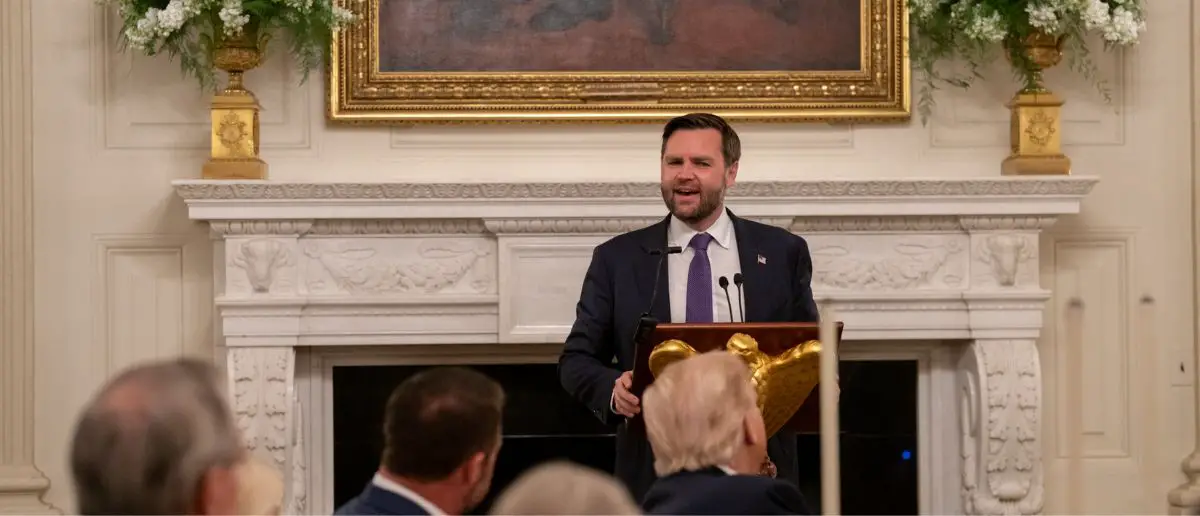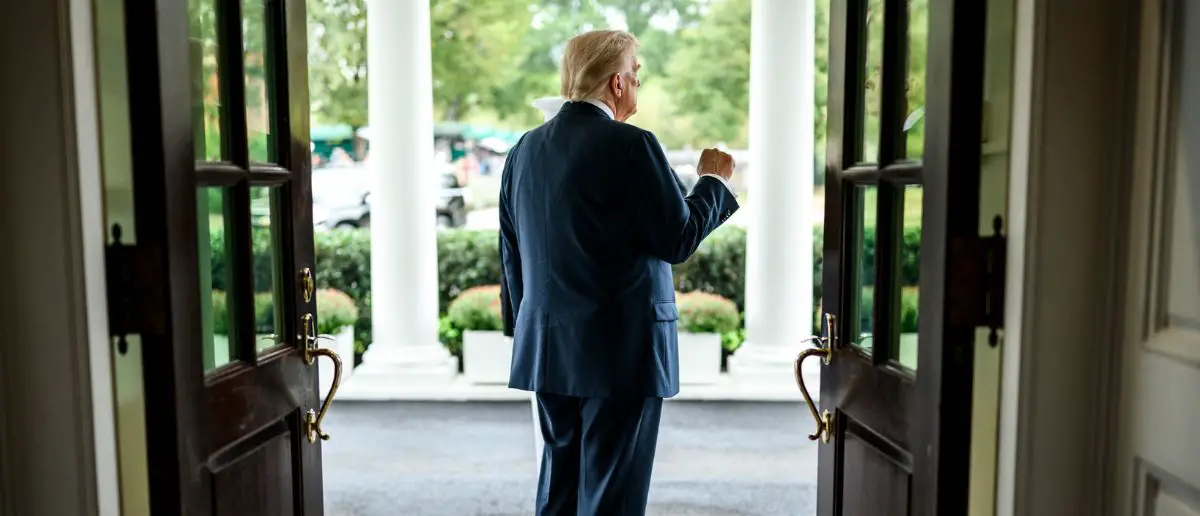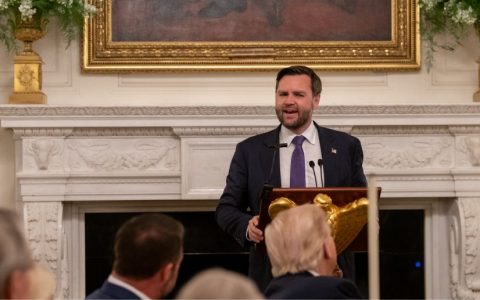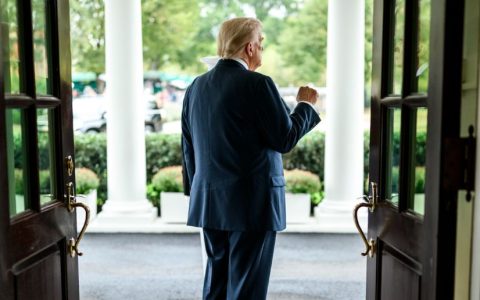
Trump and Putin have been at loggerheads for years. But they may finally have come to an understanding.
Because Vladimir Putin bent the knee to Donald Trump in an unexpected about-face.
Trump Administration’s Push for Peace and Nuclear Stability
The Trump administration is making significant strides toward resolving the Ukraine conflict and advancing global security, earning praise from Russian President Vladimir Putin for its “energetic” and “sincere” efforts.
As President Donald Trump prepares for a pivotal summit with Putin in Anchorage, Alaska, today, his focus on securing a cease-fire and exploring nuclear arms control underscores a proactive approach to diplomacy that prioritizes American interests and global stability.
Putin Acknowledges Trump’s Determined Diplomatic Efforts
During a Thursday briefing, Putin expressed optimism about the upcoming Anchorage summit, suggesting it could pave the way for lasting peace and even new nuclear arms agreements. “The current American administration… is making, in my opinion, quite energetic and sincere efforts to stop the hostilities, stop the crisis and reach agreements that are of interest to all parties involved in this conflict,” Putin said, according to CNN.
He highlighted potential progress in “control over strategic offensive weapons,” referencing the New START treaty, which caps nuclear warheads and missiles but faces expiration in February 2026.
The treaty, signed in 2011, limits each nation to 1,550 deployed nuclear warheads and 700 deployed missiles and bombers, though mutual inspections paused in 2020 due to COVID-19 and have not resumed, with Russia announcing non-compliance in February 2023 amid the Ukraine war.
Trump’s administration is leveraging this summit to explore revitalizing such agreements, which could reduce global nuclear risks and reinforce U.S. leadership in arms control, benefiting American national security by fostering a more predictable strategic landscape.
Trump’s Firm Stance Against Russian Obstruction
Despite Putin’s positive rhetoric, Trump has voiced frustration with the Russian leader’s tactics, accusing him of delaying progress. “We get a lot of bulls–t thrown at us by Putin, if you want to know the truth,” Trump said last month. “He’s very nice all of the time, but it turns out to be meaningless.”
A U.S. source familiar with the discussions noted Trump’s skepticism, stating he is “not very optimistic” about Putin’s willingness to compromise, particularly given Russia’s push for Ukraine to cede significant territory it has failed to capture militarily.
Trump has made a cease-fire his top priority, a goal he reiterated to Ukrainian President Volodymyr Zelensky and European leaders during a Wednesday call, assuring them he would not entertain territorial concessions without Ukraine’s consent.
If Putin resists, Trump has vowed “severe consequences” for the Kremlin, potentially including sanctions on Russian energy exports or secondary penalties on nations like China and India that import Russian oil, signaling a tough stance to protect American allies and interests.
Strategic Summit Design to Advance U.S. Goals
The Anchorage meeting, initiated at Putin’s suggestion for a one-on-one format, follows U.S. Special Envoy Steve Witkoff’s earlier proposal for a trilateral summit including Zelensky, reflecting Trump’s commitment to inclusive diplomacy. The White House clarified that Zelensky’s exclusion from Friday’s talks was due to Putin’s counterproposal, but Trump remains focused on facilitating future negotiations involving Ukraine to ensure a fair outcome.
This strategic approach positions the U.S. as a decisive mediator, aiming to halt the war’s devastating toll—over 500,000 combined military and civilian casualties since 2022, per UN estimates—while safeguarding American influence in global affairs.
By prioritizing a cease-fire and exploring nuclear arms control, Trump’s administration is working to deliver tangible benefits for Americans, including reduced risks of escalation, lower global energy prices affected by the conflict, and a reinforced U.S. role in shaping a stable international order.





